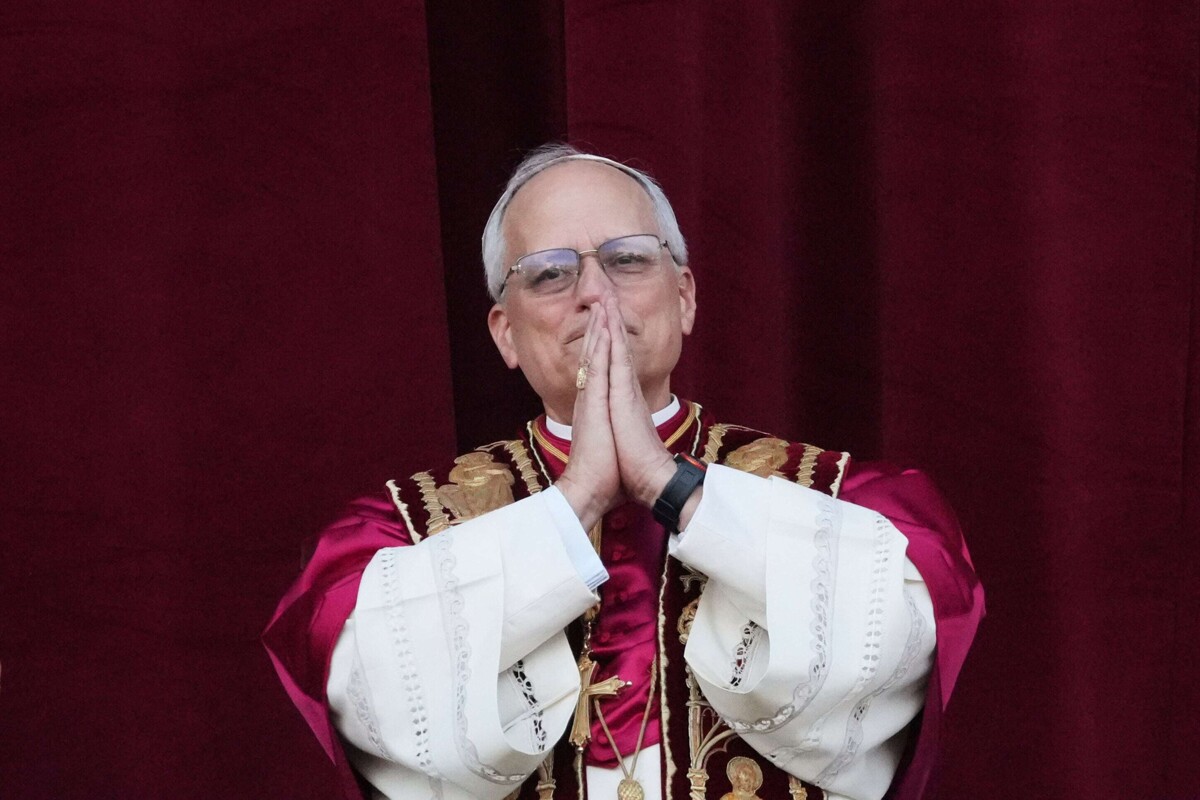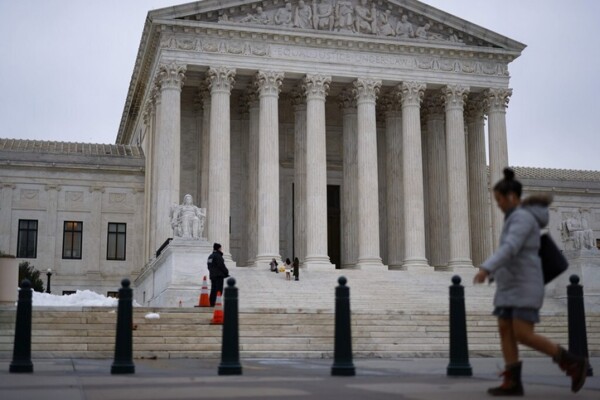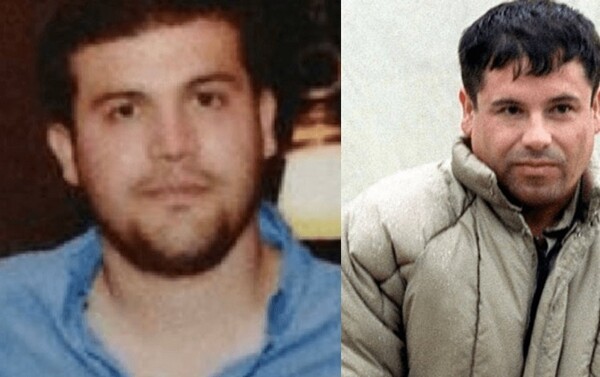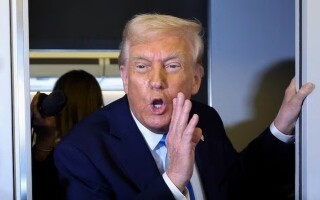
Pope Leo XIV is the first global leader of the Catholic Church from the United States, assuming a new position that will lead him to have several encounters with politics, a field he is not entirely unfamiliar with, being a priest born in Chicago. His social media history includes criticisms of the policies of former President Donald Trump and comments from Vice President JD Vance.
Trump congratulated the new pontiff, considering his election a "great honor for our country." Leo XIV has expressed opposition to restrictive measures against migrants and refugees in the United States and recently criticized Vance, the highest-ranking Catholic in U.S. politics.
One of Pope Leo XIV's criticisms of Vance stemmed from statements about loving one's neighbor made during an interview with Fox News. On social media, the now-pope shared an article questioning Vance's premises, which generated interest in this high-ranking political figure who has captured his attention.
Pope Leo XIV's concern for social issues and his critical stance dates back several years, demonstrating his activism and public voice on issues he considers relevant to the Church and society at large.
Among his social media posts, notable criticisms include Donald Trump's anti-immigrant rhetoric, as well as messages supporting "dreamers" and a fair and moral immigration policy. In addition, he has shared articles from religious leaders advocating for humanitarian treatment of people in vulnerable situations.
Leo XIV has generated controversy on several occasions, even being accused of politically interfering in matters of faith. His positioning on sensitive issues has prompted diverse reactions, both supportive and critical. However, his commitment to Christian values and his defense of the most needy define his leadership in the Catholic Church.













